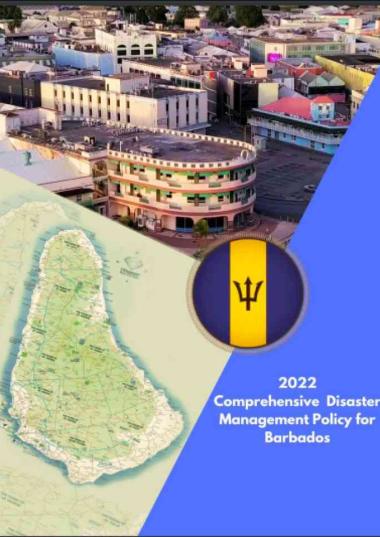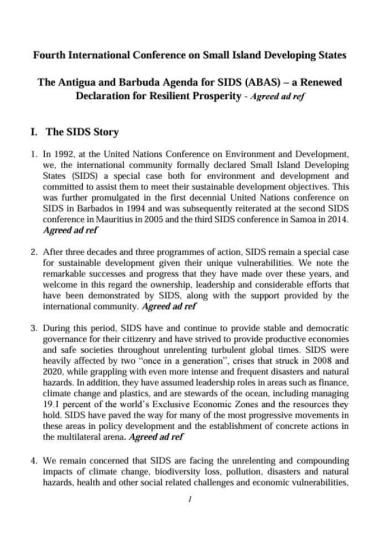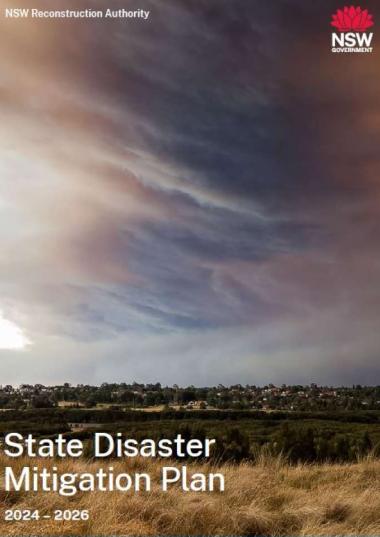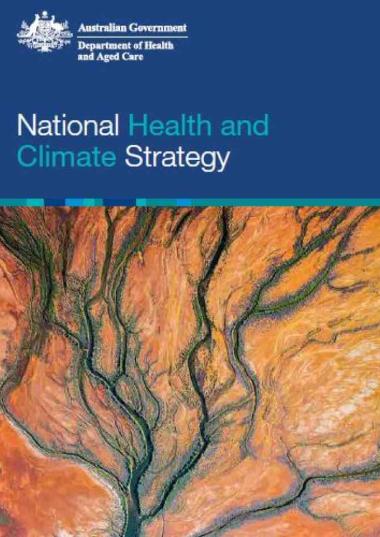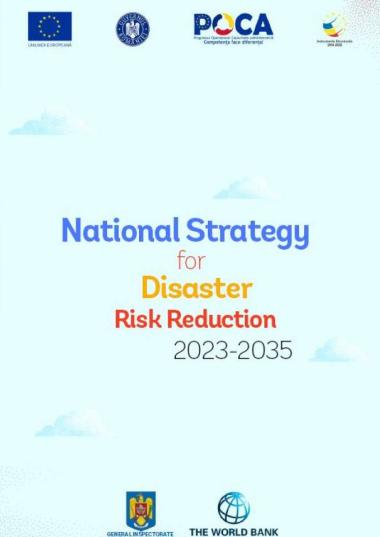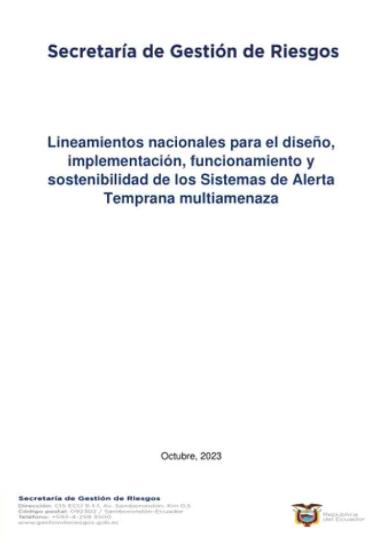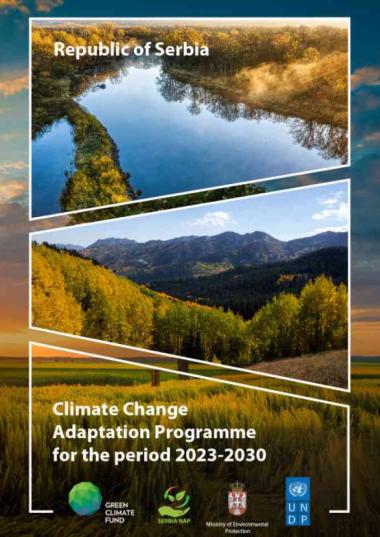
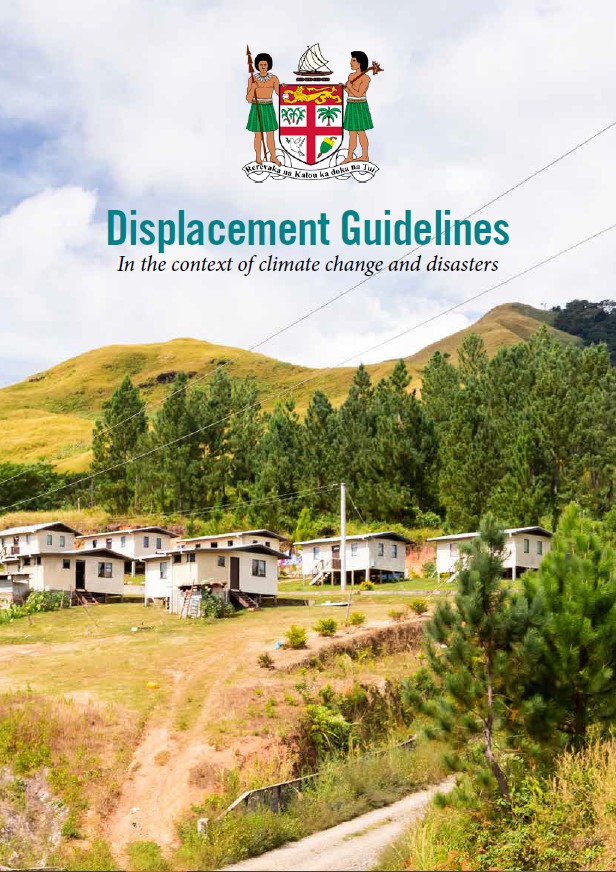
Fiji: Displacement guidelines in the context of climate change and disasters 2020
December 2019
This document provides guidance for the Fijian Government and all other stakeholders present in Fiji, to address and reduce vulnerabilities associated with displacement. It also provides guidance for considering sustainable solutions to prevent and minimize the drivers of displacement on the affected communities in relation to climate change and disaster-associated events occurring on the territory of Fiji.
The purpose of this document is to:
- Provide complementary support to the existing Fijian policies when addressing the movement of people caused by climate change and disasters, by ensuring an integrated approach and comprehensive implementation of preventive and assistive measures performed during both slow-onset and rapid-onset events;
- Recognise the multiple categories of population that may be displaced namely: individuals, households and/or communities at-risk of displacement, internally displaced people or any (group of) people directly or indirectly impacted by displacement, including those who have been evacuated, people left behind in places of origin (as a result of former displacement or planned relocation) or people who offered support to displaced or relocated communities, at destination;
- Enhance the participation of all relevant stakeholders involved in the displacement process, by providing durable solutions, best practices and efficient mitigation and adaptation strategies in the context of climate change and disasters. Stakeholders refer (but not limited) to affected communities, households and individuals, government bodies, inter-governmental organisations, regional and international organisations, trade unions and employers’ organisations, civil society organisations, gender related organisations, private sector, faith-based groups and academia;
- Promote institutional frameworks at local, national and regional levels to build up resilience of the communities tackling climate change and disasters by providing capacity building mechanisms, inclusive and genderresponsive consultative and participatory processes, including talanoa dialogues, constructive use of the indigenous knowledge and public-private-people partnerships;
- Recognise communities, households and individuals’ human rights preserved under the Fijian Constitution and affected by the process of displacement in the context of climate change and disasters and to serve as a policy framework to better protect and assist displaced people and to support governmental authorities and communities to implement all relevant domestic laws, equally enforced and independently adjudicated, consistent with all international legal obligations.
This document may also serve as a catalyst between different human mobility policies to be supported by durable financial solutions in accordance with the laws of Fiji, such as the Climate Relocation of Communities Trust Fund (CROC).
